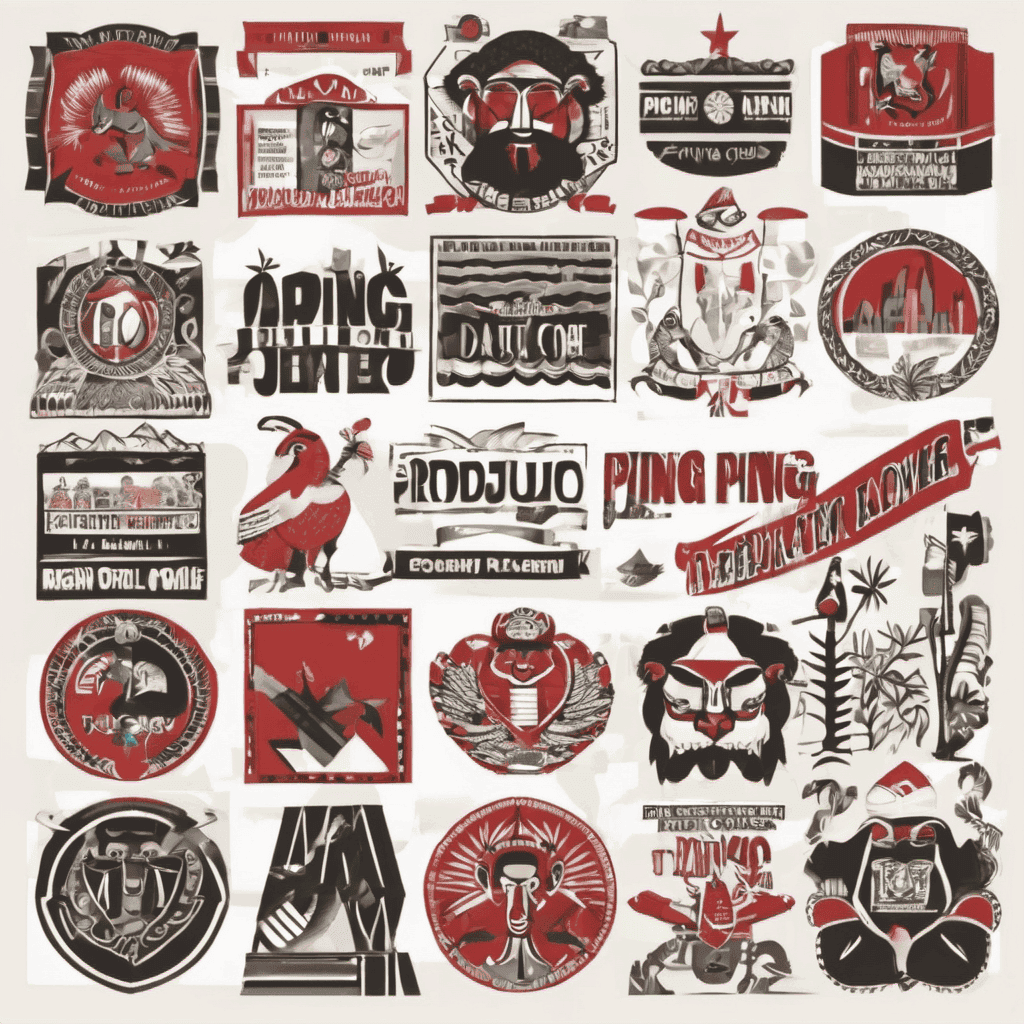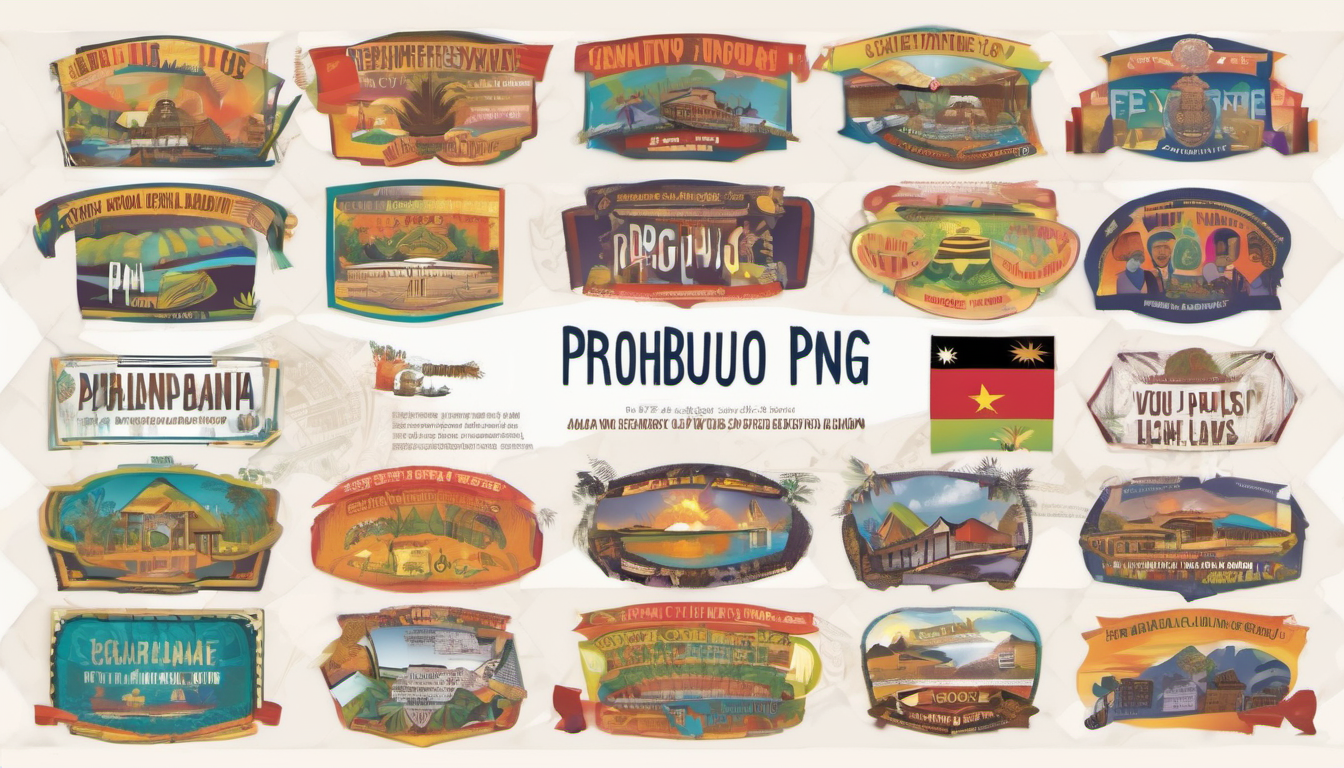Papua New Guinea (PNG) is a land rich in cultural diversity, natural beauty, and complex traditions. Among the many fascinating aspects of this Pacific nation, the term Prohibujo PNG encapsulates the interplay between prohibition policies and their legal, cultural, and societal impacts. From alcohol restrictions to the intricate enforcement of prohibition laws, PNG offers a compelling case study for examining how governance interacts with tradition in shaping a society.
What is Prohibujo PNG?

At its core, Prohibujo PNG refers to the prohibition laws and policies enacted within Papua New Guinea. These policies often address issues like alcohol restrictions, gambling bans, or the regulation of specific cultural practices. Such measures aim to maintain public order, safeguard communities, and address social concerns. However, they frequently ignite debates about their effectiveness, enforcement, and cultural sensitivity.
Historical Context of Prohibujo PNG
The roots of prohibition in Papua New Guinea stem from its colonial past. When PNG was under the administration of Australia, many prohibition measures were introduced as part of the colonial government’s efforts to control local populations and maintain order. Alcohol bans, for instance, were implemented in certain areas to curb social unrest.
Post-independence, PNG retained some of these policies, adapting them to align with the country’s unique cultural and societal challenges. Today, prohibition policies reflect an ongoing struggle to balance modernization with traditional values.
Cultural Impacts of Prohibujo PNG
Traditional Beliefs and Practices
PNG’s prohibition laws often intersect with deeply held cultural beliefs. For instance, some traditional communities in PNG have long practiced forms of social regulation, such as restricting alcohol consumption or managing communal resources. Prohibitions enforced through legal mechanisms may either complement or clash with these practices.
Community-Led Prohibitions
In many areas, community leaders enforce their own prohibition measures, particularly regarding alcohol or gambling. These grassroots efforts often resonate more with local populations than state-imposed laws, reflecting the cultural fabric of PNG’s diverse communities.
Key Areas Affected by Prohibujo PNG
Alcohol Regulations
Alcohol prohibition is one of the most prominent aspects of Prohibujo PNG. Certain provinces have declared themselves dry zones, completely banning the sale and consumption of alcohol. While these measures aim to reduce crime and improve public health, they often lead to unintended consequences like the rise of illegal homebrews, which pose significant health risks.
Gambling Restrictions
Another focus of prohibition in PNG is gambling. Recognizing the social and financial toll of gambling addiction, the government has implemented restrictions on gaming activities. However, informal gambling persists in many communities, creating challenges for enforcement.
Environmental Protections
Prohibitions in PNG are not limited to social vices. The government has also enacted bans on certain logging practices and the exploitation of natural resources to protect PNG’s rich biodiversity. These measures, though well-intentioned, often face resistance from industries and communities reliant on these activities for their livelihoods.
Challenges of Enforcement
Limited Resources
Enforcing prohibition laws in PNG is no small feat. With limited resources and vast, often inaccessible rural areas, law enforcement agencies struggle to monitor and regulate activities effectively.
Corruption and Inefficiencies
Corruption within enforcement agencies further complicates the implementation of prohibition policies. Instances of selective enforcement undermine public trust in the legal system.
Social Resistance
Many prohibition measures face resistance from communities that perceive them as intrusive or culturally insensitive. This resistance often leads to non-compliance and the emergence of underground markets.
The Debate Around Prohibujo PNG
Proponents’ Perspective
Supporters of prohibition in PNG argue that these measures are essential for addressing social issues like alcohol abuse, domestic violence, and gambling addiction. They emphasize the need for a legal framework to guide societal behavior and protect vulnerable populations.
Critics’ Concerns
Critics, however, highlight the limitations and unintended consequences of prohibition. They argue that restrictive laws often fail to address the root causes of social problems and instead push undesirable activities underground. This not only exacerbates the issues but also diverts resources from more effective interventions like education and rehabilitation.
Success Stories in Prohibition
Despite the challenges, there have been notable successes in implementing prohibition policies in PNG. Some communities have seen significant reductions in alcohol-related violence and improved public health outcomes. These success stories often share common factors, such as strong community involvement and culturally sensitive approaches.
Comparing Prohibujo PNG with Global Prohibition Efforts
The experiences of PNG with prohibition echo similar efforts worldwide, from the United States’ alcohol prohibition era to modern-day bans in countries like Saudi Arabia. These comparisons offer valuable insights into the conditions under which prohibition policies succeed or fail, emphasizing the importance of context-specific approaches.
Future Prospects for Prohibujo PNG
The future of prohibition in PNG hinges on addressing its current challenges. Key strategies for improving outcomes include:
- Strengthening Community Engagement: Empowering local communities to take ownership of prohibition measures can enhance compliance and effectiveness.
- Enhancing Legal Frameworks: Simplifying and clarifying prohibition laws can reduce ambiguities and improve enforcement.
- Promoting Alternative Solutions: Education and awareness campaigns can complement prohibition efforts, addressing the root causes of social issues.
Prohibujo PNG and Sustainable Development
Prohibition policies in PNG have implications for the country’s sustainable development goals. By regulating activities that harm public health or the environment, these measures contribute to broader objectives like poverty reduction, improved well-being, and environmental conservation.
FAQs
What is Prohibujo PNG?
Prohibujo PNG refers to prohibition laws and policies in Papua New Guinea, addressing issues like alcohol, gambling, and environmental protection.
Why are alcohol bans common in PNG?
Alcohol bans aim to reduce crime, domestic violence, and health problems associated with excessive consumption.
What challenges does PNG face in enforcing prohibition laws?
Challenges include limited resources, corruption, and resistance from local communities.
Are prohibition policies effective in PNG?
The effectiveness of prohibition policies in PNG varies, with some success stories but also significant challenges and unintended consequences.
How does Prohibujo PNG affect the environment?
Prohibition policies in PNG include measures to protect natural resources and biodiversity, such as bans on illegal logging.
What is the role of community leaders in Prohibujo PNG?
Community leaders often enforce prohibition measures at a grassroots level, reflecting traditional practices and local values.
Conclusion
Prohibujo PNG represents a multifaceted approach to tackling social and environmental issues in Papua New Guinea. While its implementation faces significant challenges, the potential benefits of well-crafted, culturally sensitive prohibition policies cannot be understated. By learning from past experiences and engaging communities in meaningful ways, PNG can navigate the complexities of prohibition to foster a healthier, more sustainable future.











